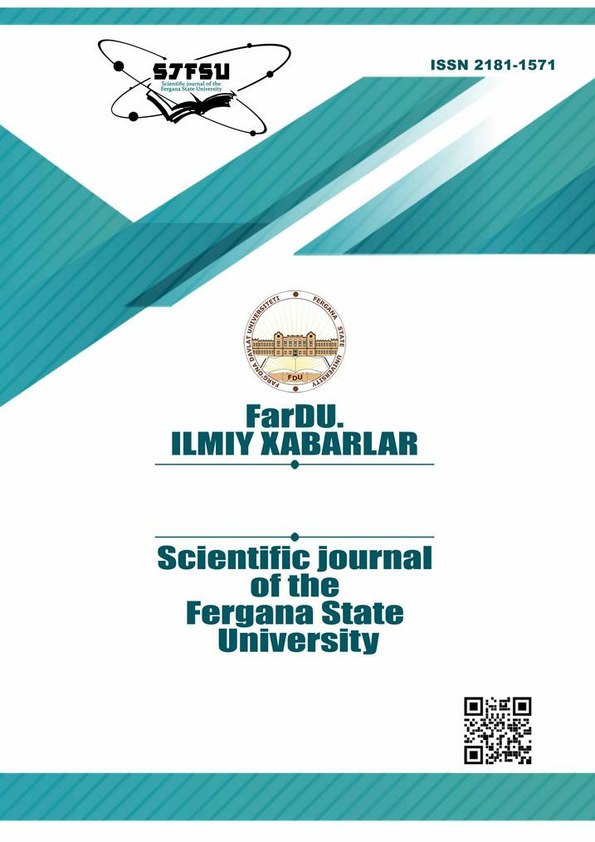APPROACHES AND PRINCIPLES OF ASSESSING YOUNG LEARNERS’ SKILLS ACQUIERED IN A FOREIGN LANGUAGE
Main Article Content
Abstract
The article provides an overview of the approaches and principles of assessing young learners’ skills acquired in a foreign language, offer measurements of assessment and some practical suggestions. The article also explored the research works of methodologists on assessing skills acquired in a foreign language by young learners.
Article Details
References
Жалолов Ж. Чет тили ўқитиш методикаси. – Т.: Ўқитувчи, 2012 й.
Jalolov J.J., Makhkamova G.T., Ashurov Sh.S.. English language teaching methodology. (Theory and practice) Coursebook for students of specialized departments of the universities and institutes. Fan va texnologiya, –T., 2015.
Bailey, B. Conscious Discipline – Brain Smart Classroom Management. Loving Guidance. 2001.
Black, S. Test anxiety. American School Board Journal, 3. 2005.
Cameron, L. Teaching Languages to Young Learners. Cambridge: Cambridge University Press. 2001.
Good, T. L., & Brophy, J. E. Looking in classrooms (10th ed.). Boston: Allyn & Bacon. This well-known and widely used text includes a chapter specifically devoted to effective responses to disruptive behavior. 2008.
Miller, G. & Johnson-Laird, P. Language and Perception. Cambridge: Cambridge University Press. 1976
Orbach, Y. & Lamb, M. E. Young children’s references to temporal attributes of allegedly experienced events in the course of forensic interviews. Child Development, 78, 1100–1120. 2007.

